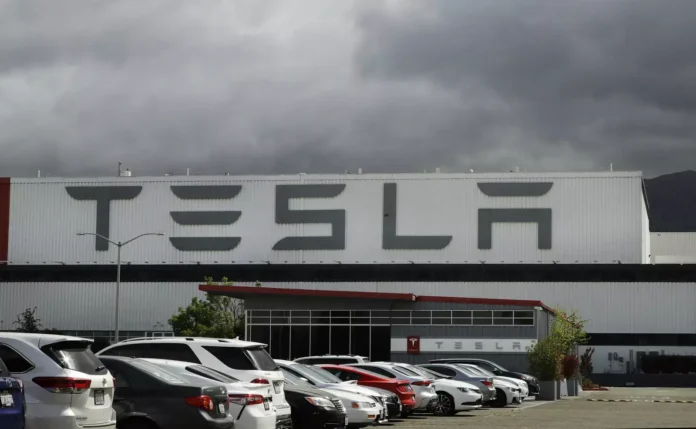Tesla’s latest earnings report revealed a significant blow to its bottom line. The company’s net income fell by 71% year-over-year.
Revenue from car sales dropped 20%, highlighting growing concerns within the electric vehicle market.
Despite overall EV sales rising 7% this quarter, Tesla reported a 13% drop in deliveries. This marked Tesla’s worst quarterly decline.
During a recent call with investors, CEO Elon Musk defended his focus on government issues over Tesla operations.
He stated he would reduce time spent on politics but didn’t plan to stop supporting DOGE projects entirely.
Nevertheless, Tesla brand under pressure remains a major topic for analysts and shareholders.
Musk blamed external factors for Tesla’s weak performance, including upcoming changes to the Model Y.
He argued that some customers are waiting for updated versions before making a purchase.
However, brand perception has also played a significant role in declining sales.
Surveys show growing disapproval of Musk among liberal consumers. This group represents a key demographic for EV purchases.
Many protesters have recently gathered at Tesla showrooms. Some incidents even included vandalism of Tesla vehicles.
Critics argue that Musk’s political views have damaged the company’s appeal.
Musk responded by saying protests were “paid for,” but he provided no evidence.
Activist group Tesla Takedown denied the claims in a public statement.
They insisted all demonstrations are volunteer-led and fueled by concerns over democracy and ethics.
While Musk remains confident in long-term demand, investor confidence continues to waver.
The perception of the Tesla brand under pressure could drive buyers to competitors.
Although Musk shrugged off these concerns, the Tesla brand under pressure still dominates market discussions.
As economic and political tensions rise, Tesla must navigate financial strain and brand challenges simultaneously.
For more business updates, visit DC Brief.


